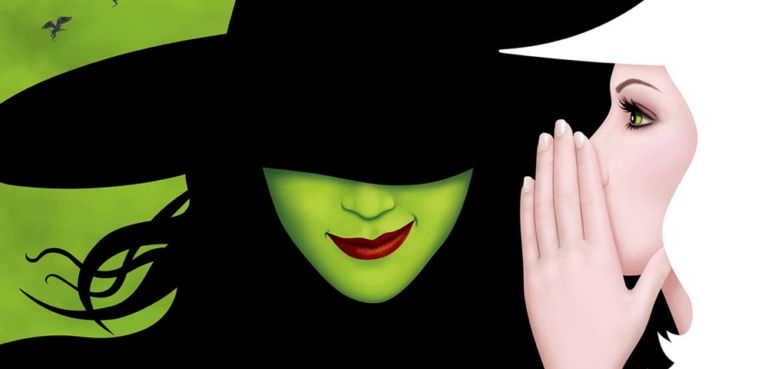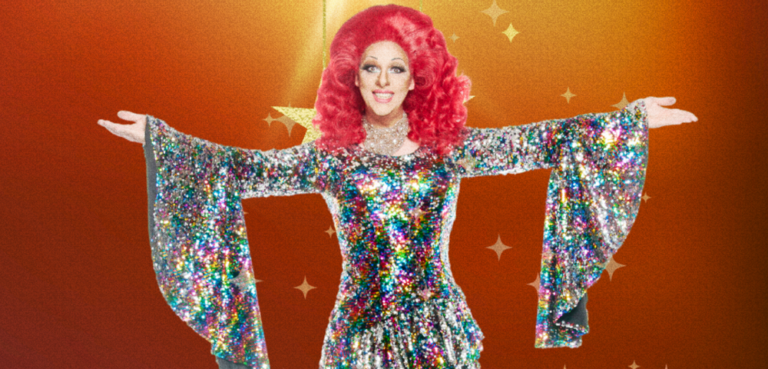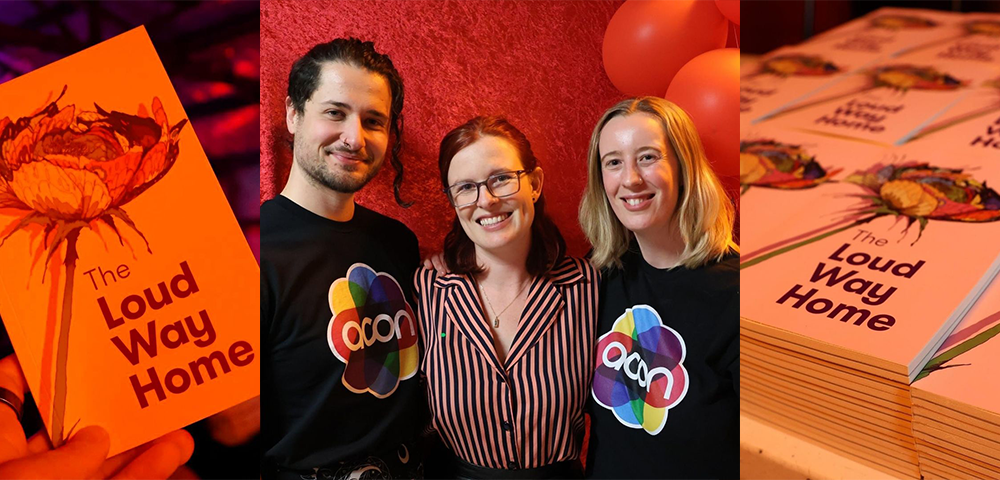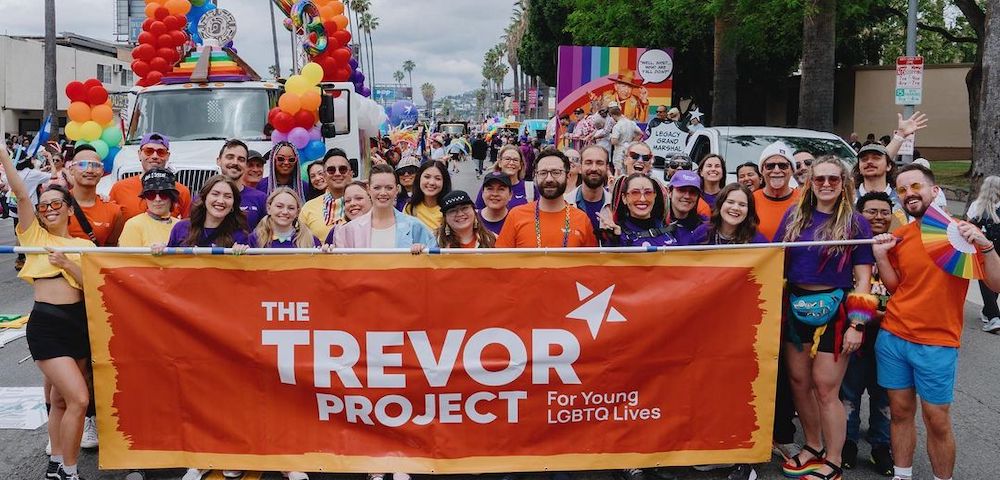
Family of missing person Luke Huggard finally get answers after seven years
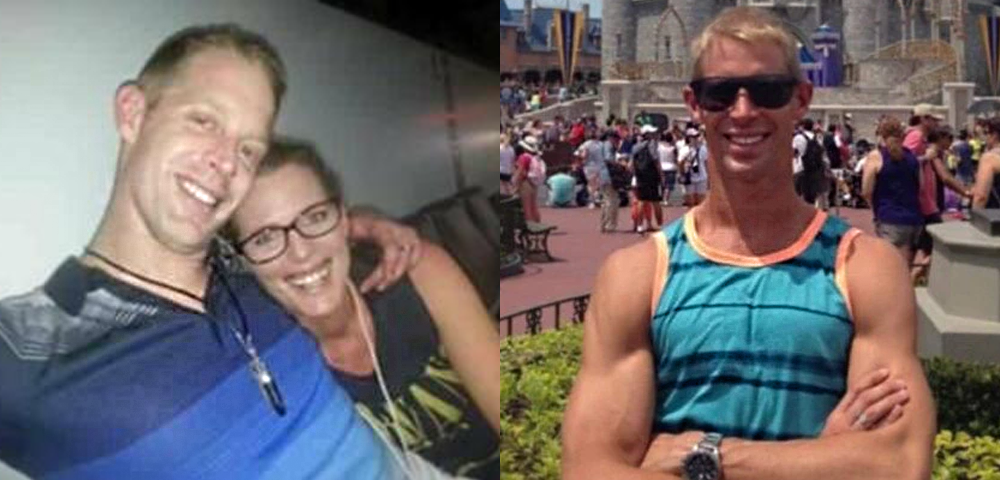
CONTENT WARNING: This story discusses suicide, drug use, psychosis, and more.
If these topics are difficult for you to hear about, please consider if you should read ahead or find support before you do so. If reading this story has distressed or triggered you, please ensure you find support by reaching out to family or friends, a mental health professional, or a mental health phone and webchat service like Lifeline (13 11 14).
The family of Luke Huggard had been searching for answers for seven years after the Sydney man went missing in 2017.
An inquest held by the State Coroner’s Court this month has released its findings, which confirmed Huggard’s death and spotlighted the shortcomings in the medical care he received shortly before his disappearance.
Three days before his death and seven years to the day, Huggard was arrested while attempting to take his life at The Gap in Sydney’s East – a location so well known for suicide attempts that motion cameras have been installed there in an attempt to reduce the numbers.
After Huggard’s arrest, he was taken into custody and transferred to Prince of Wales Hospital in Randwick, and placed in the Kiloh Centre for psychiatric assessment.
Medical notes admitted to the inquest stated that Luke was experiencing delusional thoughts, paranoia, and other symptoms, and had amphetamines in his system. Doctors noted throughout the next couple of days that Luke had experienced a drug-induced psychotic episode, and though had been ‘superficially settled’, was still isolative, confused, dishevelled, and still had paranoid and disordered thoughts.
Despite all this, Luke was discharged with no set mental health plan or significant support – just a referral. His family weren’t notified of his discharge or whereabouts.
He was discharged on April 4, and medical staff at the Prince of Wales Hospital were the last people to see Luke alive.
Despite multiple searches, Luke’s body was never recovered – which is why he remained on the Australian Federal Police’s missing persons list for almost seven years.
In the inquest, Magistrate Joan Baptie ruled Huggard took his own life on April 4, 2017.
Luke Huggard: ‘Too large for this life”
The inquest detailed Huggard’s life, including his lived experience of mental health issues and drug use, and his sometimes-fraught relationship with his father over both money and his sexuality as a gay man.
Jessica Huggard spoke of her brother as a “handsome gay man” who was “too large for this life”.
“He grew up in a world that didn’t accept him,” she said.
During the inquest, Magistrate Baptie described Huggard as a person who “stood for the marginalised”.
“He wanted every single person that he met to feel heard, to feel welcomed and to feel loved,” she said.
Luke “deserved so much more than he got”
Huggard’s sister has been fighting for seven years for justice for her brother.
Jessica told 7NEWS that Luke had been clean for about 18 months after attending rehab, but he was still taking prescription medication – and believes he may have been experiencing withdrawal-induced psychosis when he died.
“Two weeks before he died, he had a job, he had bought animals again, he had his own apartment. He was functioning, he was clean and happy,” she said.
She says that during the hearing she felt relief about finally getting answers, but this quickly turned to anger after hearing the detailed shortcomings of the medical care Luke received.
“It was a total disregard for human life, they’re basically saying my brother’s life doesn’t mean anything,” she said. “They just released him onto the street with no treatment plan, and no contact with family.”
“Sometimes people forget that they are talking about a human … they get so stuck on words on paper.”
Jessica said she will continue to fight in honour of her brother.
“He deserved so much more than what he got,” she said. “I’m exhausted, but I’m not going to stop.”
You can read full details of the NSW Coroner’s Court inquest into the disappearance of Luke Huggard here.
If reading this story has distressed or triggered you, please ensure you find support by reaching out to family or friends, a mental health professional, or a mental health phone and webchat service like Lifeline (13 11 14).

